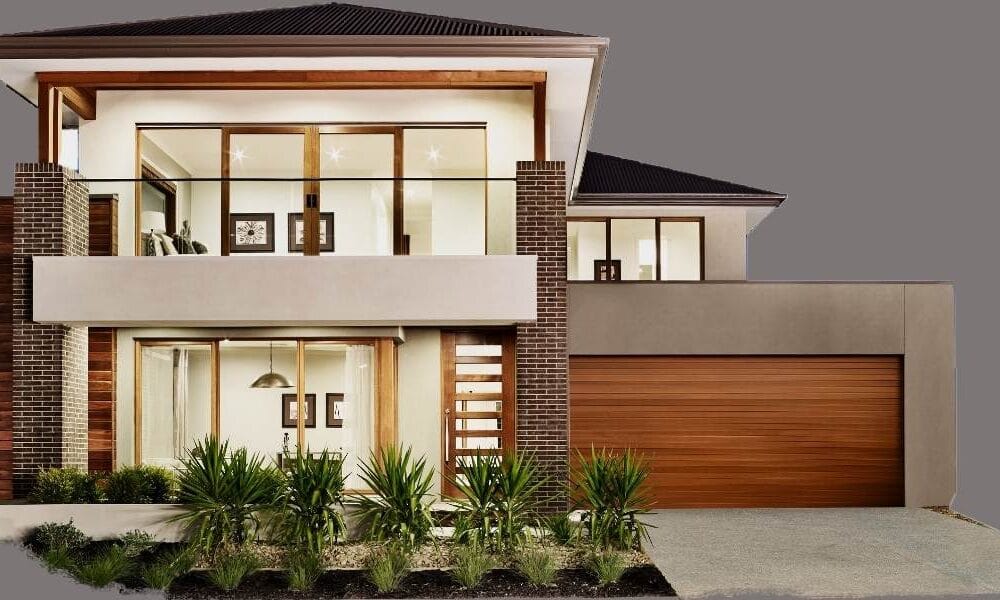Home architecture and design are not merely functional aspects of building a house; they also reflect the cultural influences of the people who inhabit them. From ancient civilizations to modern societies, cultural elements play a significant role in shaping the architectural styles and design choices of homes around the world.
Ancient Civilizations: The Birth of Architectural Diversity
Throughout history, ancient civilizations left a lasting impact on home architecture and design. The Egyptians, known for their monumental pyramids and grandiose structures, incorporated intricate hieroglyphics and elaborate ornamentation into their homes. These design elements showcased their belief in the afterlife and the importance of preserving one’s legacy.
Similarly, the Greeks and Romans emphasized symmetry and proportion in their architectural designs. Their homes often featured grand columns, arches, and domes, which symbolized power and strength. These architectural elements were not only visually appealing but also represented the values and ideals of these ancient cultures.
Medieval Europe: The Influence of Religion and Social Structure
Medieval Europe witnessed the rise of Gothic architecture, characterized by pointed arches, ribbed vaults, and large stained glass windows. The architectural style was heavily influenced by the dominant religion of the time, Christianity. Cathedrals and churches were designed to inspire awe and devotion, with soaring spires reaching towards the heavens.
In contrast, feudal society influenced the design of castles and manor houses. The social structure of the time, with lords and peasants, led to the development of fortified homes with defensive features such as moats, drawbridges, and thick stone walls. These architectural choices reflected the need for protection and security in a turbulent era.
Asian Influence: Harmony and Balance
In Asian cultures, particularly in countries like Japan and China, home architecture and design are deeply rooted in principles of harmony and balance. Traditional Japanese homes, for example, feature open spaces, natural materials, and sliding doors that seamlessly connect indoor and outdoor areas. The concept of “wabi-sabi,” finding beauty in imperfections, is also reflected in the simplicity and minimalism of their design.
In China, the principles of feng shui guide home design to create a harmonious flow of energy. The positioning of furniture, use of colors, and arrangement of rooms are carefully considered to promote well-being and good fortune. The influence of feng shui extends beyond China, with many people around the world incorporating these principles into their homes.
Modern Times: A Fusion of Cultures
In today’s globalized world, home architecture and design are often a fusion of various cultural influences. With increased travel and exposure to different traditions, homeowners have the freedom to incorporate elements from multiple cultures into their homes.
For example, contemporary homes may feature minimalist Scandinavian design with its clean lines and functional spaces, combined with Moroccan-inspired tiles and textiles for a touch of exoticism. This blending of cultures creates unique and personalized living spaces that reflect the diverse backgrounds and tastes of the homeowners.
Cultural influences in home architecture and design have shaped the way we build and decorate our homes throughout history. From ancient civilizations to modern times, the values, beliefs, and traditions of different cultures have left an indelible mark on the places we call home. Exploring and incorporating these cultural influences can not only create visually stunning spaces but also provide a deeper connection to our roots and a sense of belonging.
Related posts
Recent Posts
The Ultimate Guide to Installing and Maintaining Vinyl Flooring Rolls
Vinyl flooring rolls have become increasingly popular in home renovations due to their affordability, durability, and stylish appearance. Whether you are a DIY enthusiast or planning to hire professionals, understanding how to properly install and maintain your vinyl flooring will ensure it lasts for years…
How Commercial Roofing Contractors Ensure Safety on the Job Site
When it comes to roofing projects, safety is a top priority for commercial roofing contractors. The nature of roofing work involves heights, complex materials, and heavy equipment, making it essential for contractors to implement safety measures to protect workers, property, and even the general public….



